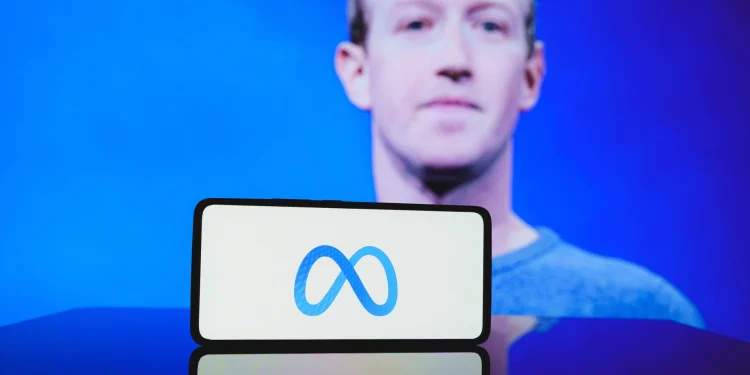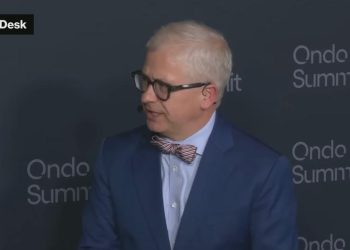TLDRs;
- Meta hires Thinking Machines Lab co-founder Andrew Tulloch after a failed $1.5 billion acquisition attempt.
- Tulloch leaves Mira Murati–led AI startup amid growing retention concerns at early-stage AI firms.
- Meta continues AI hiring spree, recently onboarding Apple’s Frank Chu and other senior AI engineers.
- The move underscores the intensifying global race for AI talent and leadership.
Meta has hired Andrew Tulloch, the co-founder of Thinking Machines Lab, following a failed $1.5 billion acquisition attempt earlier this year. Tulloch’s exit was confirmed by a spokesperson for the AI startup, which is led by former OpenAI CTO Mira Murati.
In a message to employees sent on October 10, Tulloch announced his departure, citing personal reasons for leaving the company he helped co-found. Meta later confirmed his recruitment, emphasizing that his new role will contribute to Meta’s growing AI infrastructure and research divisions.
While The Wall Street Journal reported that Meta had previously offered Tulloch compensation worth up to $1.5 billion over six years, a Meta spokesperson dismissed the claim as “inaccurate and ridiculous.” The actual value of his compensation package remains undisclosed.
Mira Murati’s Startup Faces Retention Questions
The departure has raised questions about retention strategies at Thinking Machines Lab. The company, known for building AI systems for enterprise clients and research institutions, has grown rapidly since Murati took the helm.
According to internal sources, Thinking Machines has no public details on its co-founder equity lock-ups or vesting schedules. Many early-stage startups employ multi-year vesting structures, typically four years with one-year cliffs, to discourage early departures.
Analysts believe that the absence of transparent retention mechanisms may expose young AI companies to risks when tech giants like Meta, Google, and Apple launch aggressive talent recruitment drives.
Meta’s Broader AI Talent Offensive
Tulloch’s move to Meta comes amid a wider hiring spree by the social media giant. In August, Meta hired Apple executive Frank Chu, who led AI teams responsible for cloud infrastructure, training, and search. Chu joined Meta’s Superintelligence Labs (MSL), a division focused on developing next-generation AI systems.
Chu’s hire followed the high-profile recruitment of Ruoming Pang, another senior Apple AI engineer who reportedly received a $200 million compensation package. Together, these moves underscore Meta’s strategy to poach elite AI engineers and accelerate its dominance in generative AI, large language models, and machine learning infrastructure.
Despite the ongoing recruitment surge, Meta has paused most hiring across its MSL units to review headcount and budget allocations, according to internal memos. This suggests that the company is aiming to balance aggressive talent acquisition with operational discipline, ensuring that each new hire fits into a long-term strategy rather than a short-term talent war.
The New AI Talent Battleground
The Tulloch hire highlights how AI expertise has become a strategic weapon in the race to build advanced large language models and AI infrastructure.
Meta’s consistent focus on recruiting experienced AI researchers, especially those with ties to OpenAI, Apple, and other frontier labs, reflects the escalating competition for human capital in the global AI ecosystem.
For startups like Thinking Machines, such departures underscore a growing challenge: how to protect technical leadership before reaching a defensible market position. Industry experts suggest startups implement equity lock-ups and double-trigger acceleration clauses, ensuring founders remain committed through potential acquisitions or leadership transitions.

















